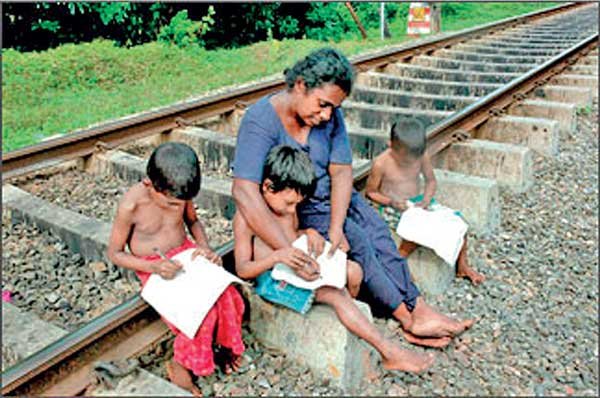
Why is inequality a potential threat to democracy in Srilanka?
Inequality can be a potential threat to democracy due to several reasons:
Inequality can result in a concentration of power and influence in the hands of a few wealthy individuals or groups. This can lead to a situation where the interests and concerns of the majority of the population, particularly marginalised groups, are not adequately represented in the decision-making process. When a significant portion of the population feels excluded or unheard, it can undermine the legitimacy of democratic institutions.
Economic inequality can translate into unequal political influence. Wealthy individuals and corporations may have greater resources to fund political campaigns, lobby for favourable policies, and shape public opinion. This can create a system where the preferences and interests of the wealthy hold more sway than those of the majority. In such cases, the democratic process may be skewed towards serving the interests of the few rather than the common good.
High levels of inequality can lead to social divisions and tensions. When there is a significant wealth gap between different groups in society, it can create a sense of alienation, resentment, and mistrust. This can undermine social cohesion and solidarity, making it more difficult for diverse groups to come together and engage in meaningful democratic processes.
Inequality can restrict access to basic rights and opportunities such as education, healthcare, and economic mobility. When large sections of the population are unable to fulfill their basic needs and aspirations, it can breed discontent and frustration. This can lead to social unrest and a loss of faith in democratic institutions that are perceived as failing to address these fundamental issues.
Democracy is often seen as a means to achieve social justice and equality. When inequality persists and widens, it can hinder progress towards a more just and equitable society. This can undermine the ideals and principles on which democratic systems are built.
Addressing inequality is crucial for the long-term sustainability and legitimacy of democracy. By promoting equal representation, reducing disparities, and ensuring access to basic rights and opportunities, democracies can become more inclusive and responsive to the needs and aspirations of all citizens.






